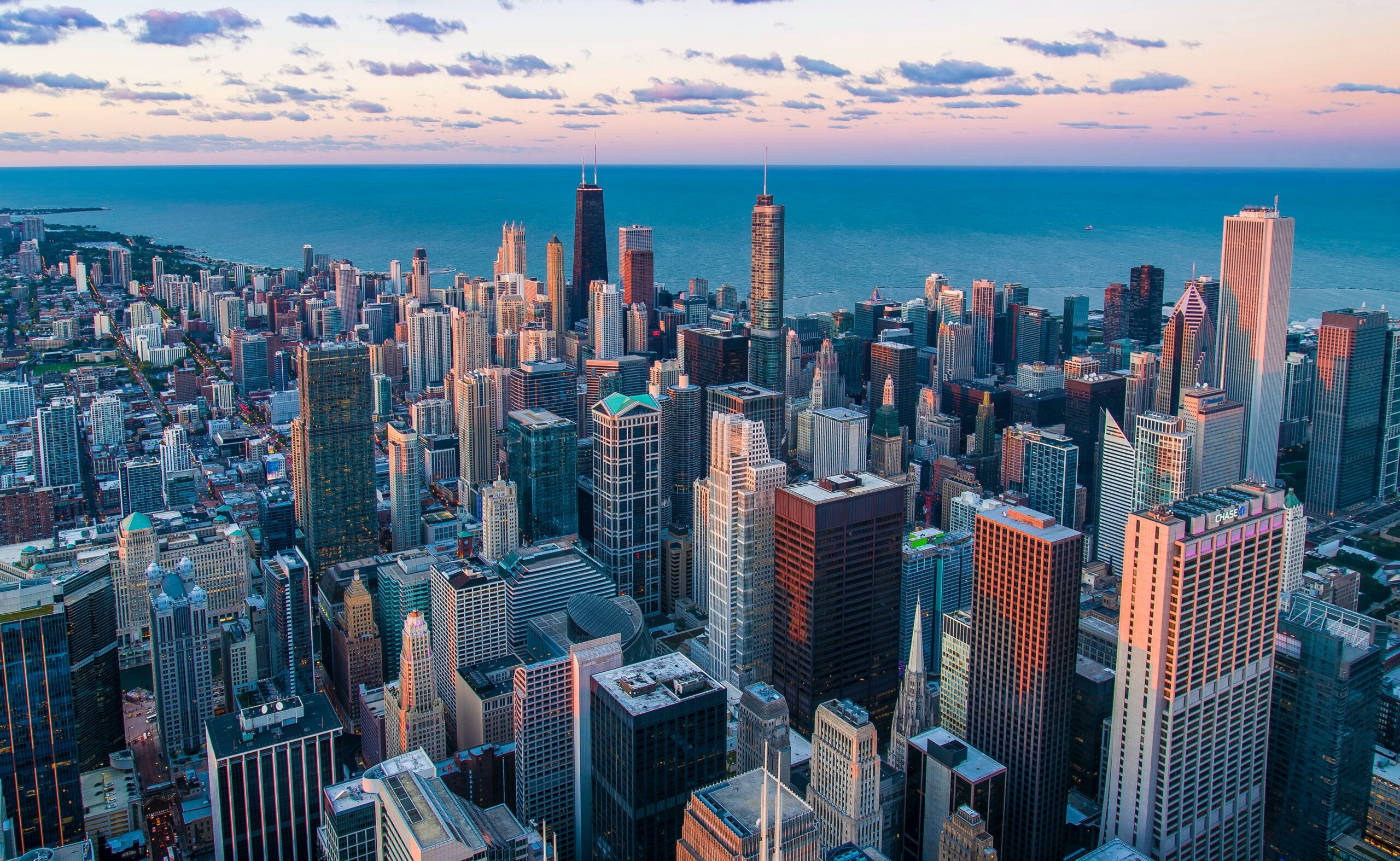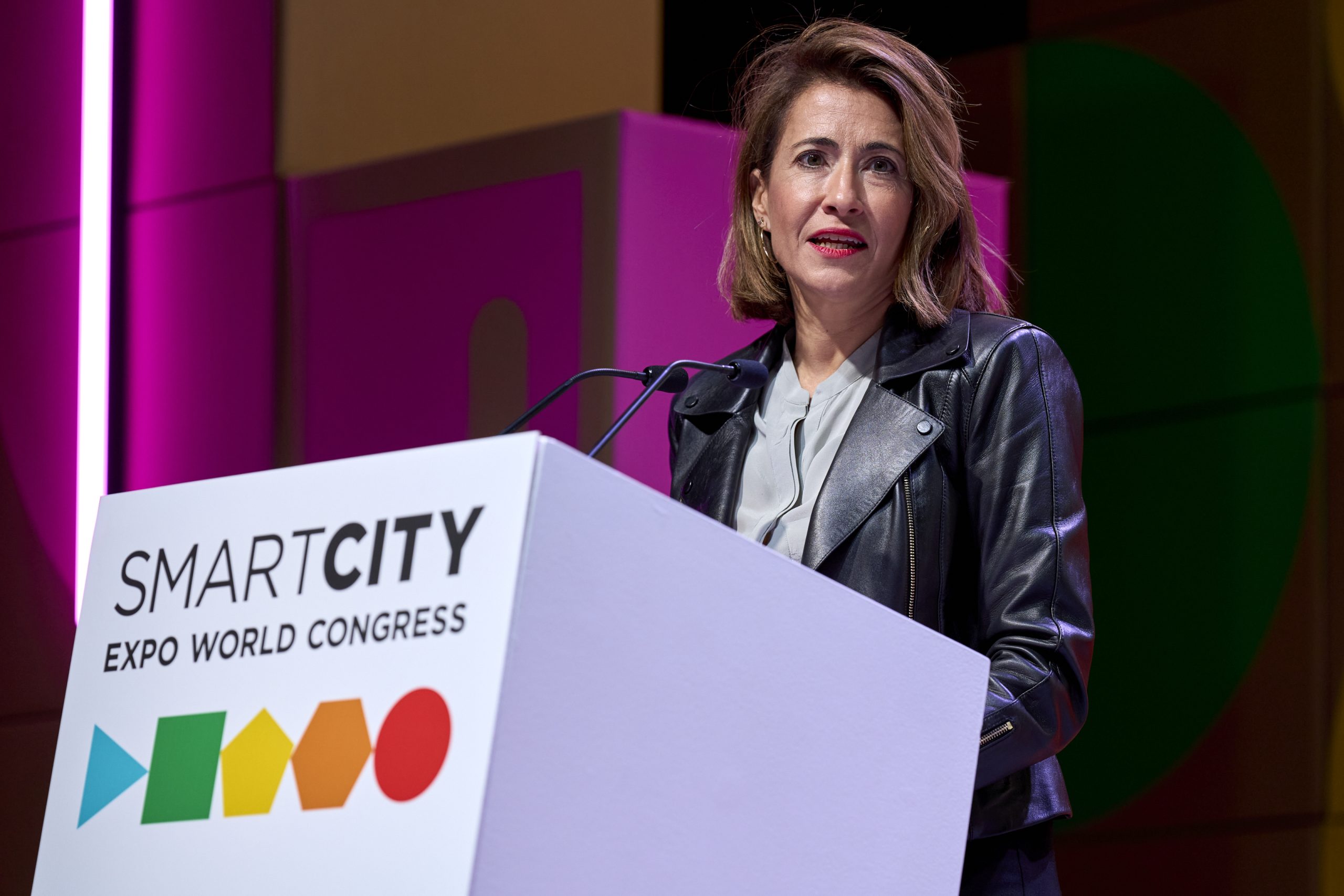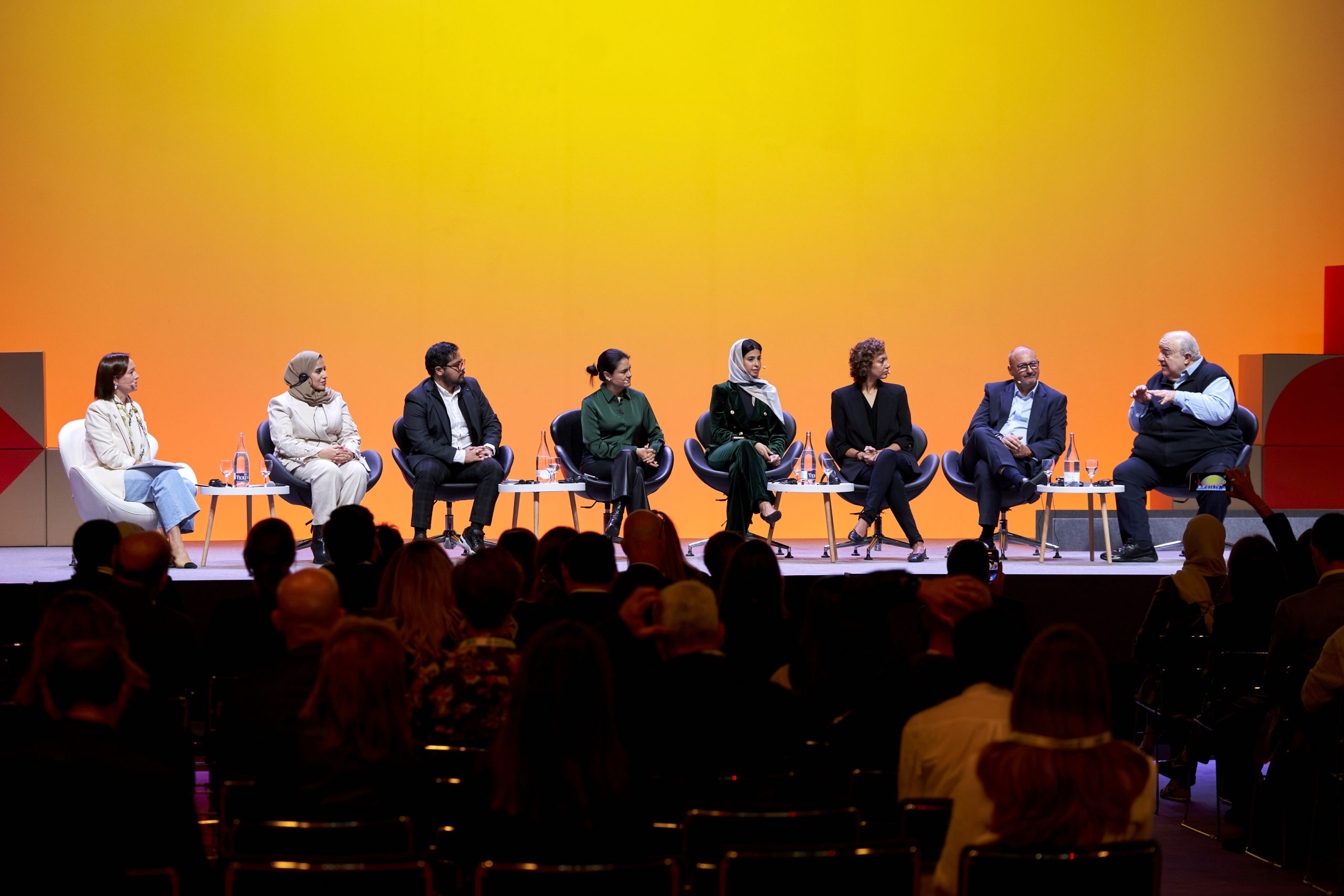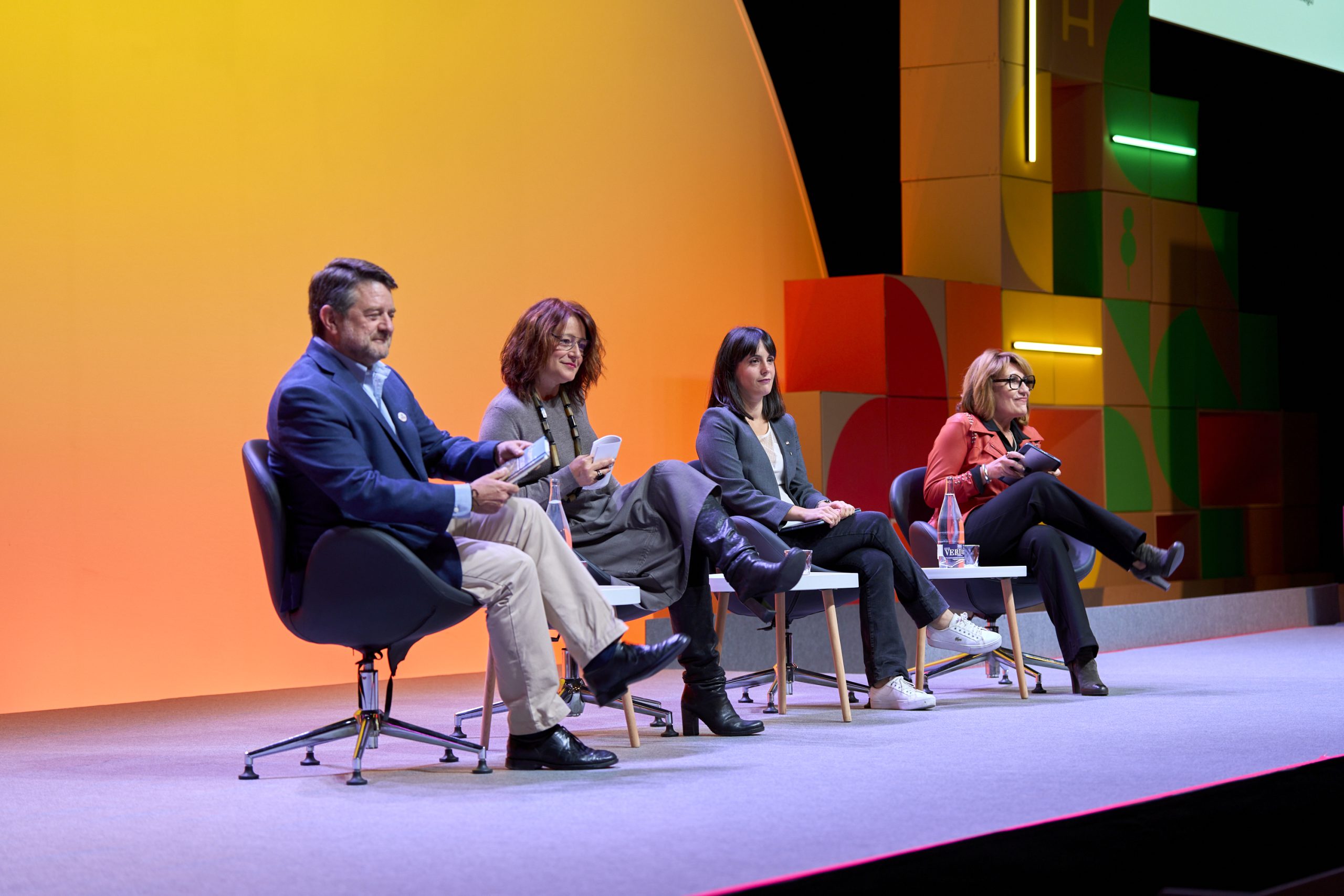Author | PATRICIA M. LICERAS
“Cities are the most important physical creation ever built by Humanity”, according to José Antonio Ondiviela, PhD, author of WorldWide Observatory for Attractive Cities [DOWNLOAD HERE], a whitepaper of his thesis Beyond SmartCities: How to create an attractive city for talented citizens. He believes, “If we were to show an alien the most brilliant man-made realizations, we would include quite a few cities”.
As in previous industrial revolutions, the fourth, marked by robotics and artificial intelligence, will need a great deal of talent. Therefore, the expert and lecturer indicates that most cities are now immersed in a global competition to attract and retain the talent of millions of millennials, who are deciding which cities will enable them to live and realize their full potential.
City “magnetism” and “profitability”

But, what makes a city attractive to talented citizens? According to a study of the 140 most attractive cities in the world, based on international studies using dozens of indicators, Dr. Ondiviela has tried to model this issue. Not only to help citizens choose the best city in the world, but also so that city governments can try to create more prosperous, innovative, fair and human societies.
The conclusion is that what makes citizens choose one city over another, is similar to a purchase process, with two fundamental components: the emotional and the rational components. The former he calls “City Magnetism (‘I like it, I feel comfortable, it enriches me, it inspires me’)”, which is established by the city’s identity (past), its dynamism (present) and its future strategy. He refers to the rational component as “City Profitability (‘it has good services, wellbeing is high, cost of living is affordable’, etc.)”.
The “citizenship’ contract”
It is precisely within the tangible component of the City Profitability, where the author places what he calls the “citizen contract”. This is an implicit contract in which “the city offers us a series of services, benefits and development opportunities -such as governance, education, employability, connectivity, health/social services, environmental sustainability, culture/tourism, mobility, urban development and security- in exchange for our contribution to the city’s common project”, he says. There are various facets to this last contribution, not just paying taxes or having a different purchasing power, but also “our generation of wealth, ideas, creativity, competitiveness, values, experience, co-creation, city development and drive to achieve its future goals”.
Dr. Ondiviela believes this citizenship contract is what millennials are evaluating now before deciding to emigrate in search of better opportunities. Without forgetting of course the cost of living in each city and the emotional component, Magnetism, which is also important.
A balance between the emotional and rational components

Dr. Ondiviela believes that, in order to choose the ideal city for each of us, residents of urban centers should review our citizenship contracts. “We should ask ourselves, whether it is worth living in a specific city if we are paying a high price (in terms of final net purchasing power of after tax and the cost of living) compared with the services we obtain, if we could go to another city and truly realize our full potential”, he argues. And not just that. We cannot expect a city to offer services, benefits and opportunities for everyone if it is not built by all of us. In this regard, we are encouraged to think “what we too can do for the city, what we can generate to improve things and contribute to the city’s development, in short, how we can be co-creators of the city”.
In terms of the cities, the expert encourages the respective governments to strive to make them more attractive and not to become discouraged as a result of how long the necessary transformations take, to establish the changes with all the parties and to revolve these around three fundamental axes: urbanism, humanism and technology. Using a comparison, he urges them to think of cities as “a house that we want to sell or, even better, as a house that we want to rent to talented citizens. To do so, we will need to include in that house the most appreciated elements in order for that talent to be able to live, achieve maximum wellbeing and develop their full potential, and all of this with a reasonable cost of living. The City Magnetism would be the house itself. The Profitability, the services available in that house, combined with its rent price (the cost of living in that place)”.
An app to know the city that best fits your preferences

As part of his research, this UNESCO and European Union Smart Cities consultant has developed an application for users to discover which cities best adapt to their expectations and preferences, based on his study of the 140 most attractive cities according to various international studies. The app is available for both iOS and for Android and is easy to use in order to guarantee its accessibility. It will also be updated on a regular basis to adapt the indicators and user searches each year.
José Antonio Ondiviela, PhD. is a Researcher & SME on Smart Cities at Universidad Francisco de Vitoria (Madrid). He is also Western Europe Industry Executive – Cities & Regions at Microsoft. You can download his whitepaper here.
Extracted from PhD Thesis: “Beyond SmartCities: Creating Attractive Cities for talented citizens”. Nov2020. Universidad Francisco de Vitoria (Madrid, Spain). Based on Article: Ondiviela Garcia, J. A. (2020). Beyond SmartCities: How to create an Attractive City for Talented Citizens. KultUr, 7(13), 205-232. https://doi.org/10.6035/Kult-ur.2020.7.13.8
Copywright 2020 Jose Antonio Ondiviela Garcia [Creative Commons]. Under Agreement for publishing and distribution to FIRA INTERNACIONAL DE BARCELONA and UNIVERSIDAD FRANCISCO DE VITORIA
Images | Pedro Lastra, Ian Valerio, Natalya Letunova






















































